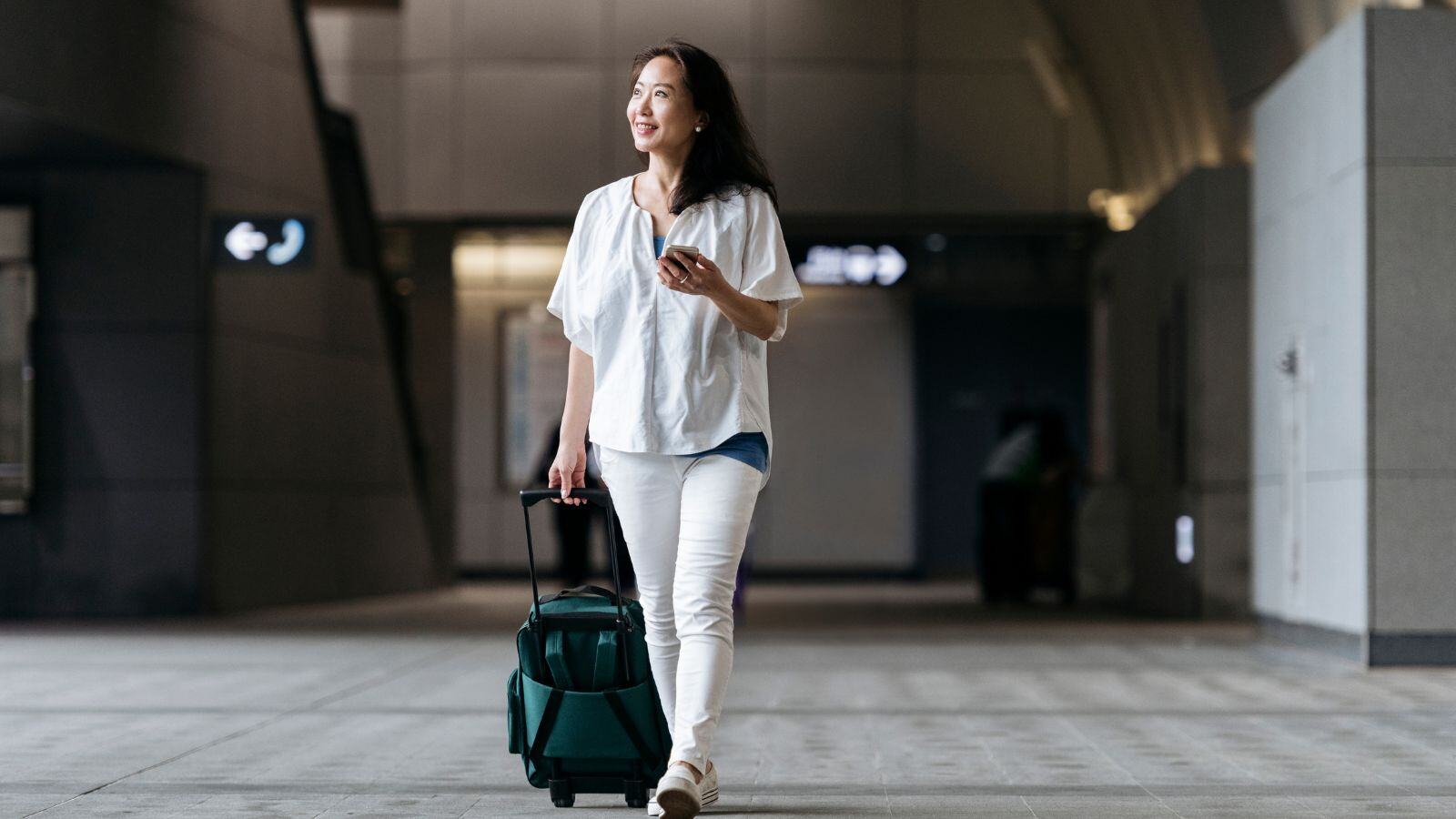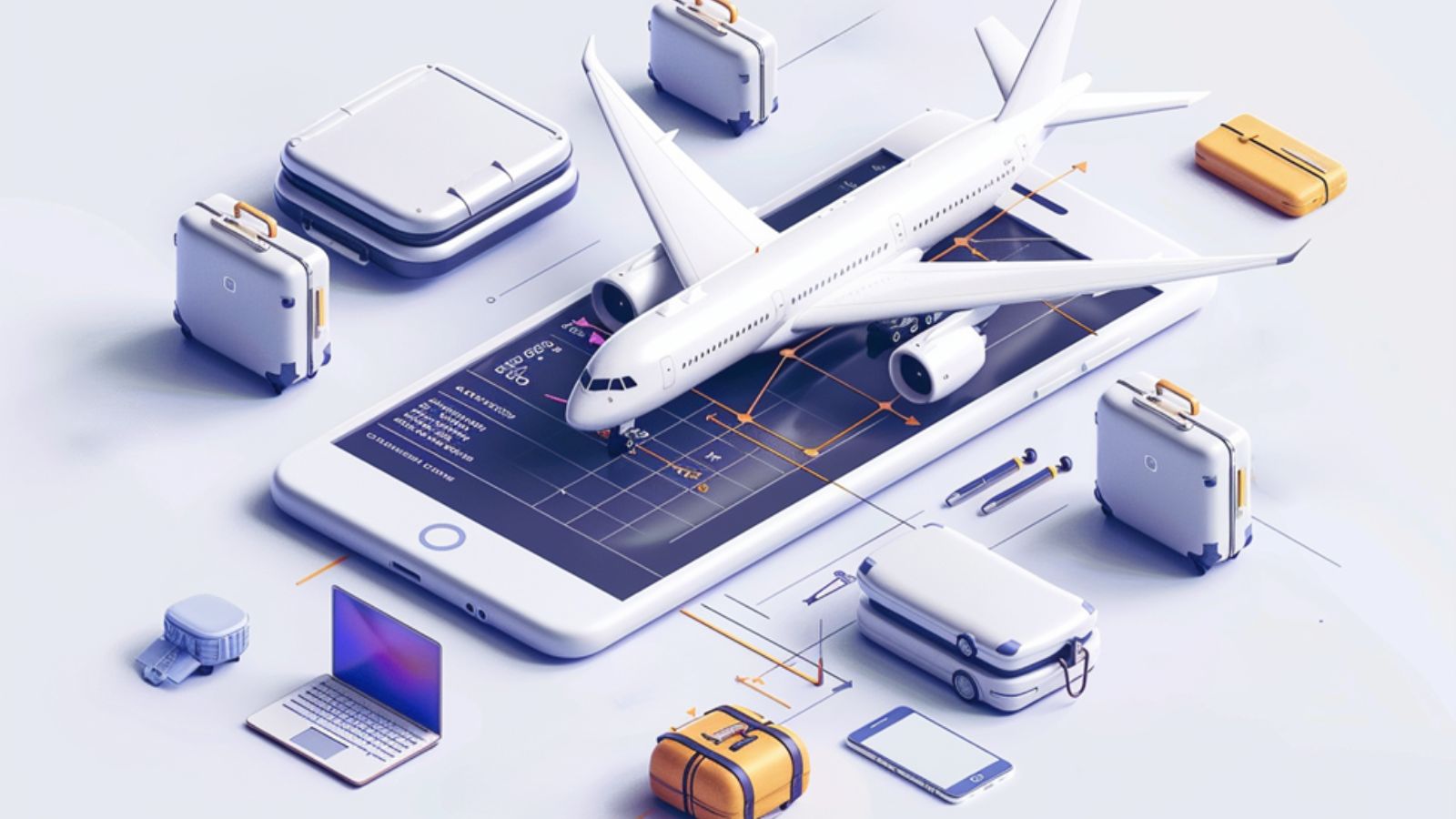In our ongoing exploration of innovation in the airline sector, we've previously delved into how technology and the strategic use of data have been pivotal forces in enhancing various aspects of airline operations – from streamlining terminal procedures and flight operations to refining baggage management. Similarly, we've looked into technology’s impact on the traditional pillars of airline retail, such as revenue management, distribution, and ancillaries, where the innovative application of data analytics plays a mission-critical role.
However, one intriguing question has remained unanswered thus far: despite a broad range of critical advancements, how significantly do these technological strides resonate with the end consumer – the traveler?
In other words, to what extent have technological innovations directly uplifted the passenger experience?
Embarking on this investigation, we initiate a new content series aimed at dissecting the passenger experience across three crucial phases of the travel journey, scrutinizing the tangible benefits digital innovation has brought to travelers.
Our journey begins at the very onset of travel – the booking process.
Let’s dive into the contemporary state of booking airline tickets and evaluate how far technology has enriched this initial step of a traveler's journey.
Digital But Not Delightful: Today's Flight Booking Experience
When evaluating the extent of technological innovation at the booking stage of the travel journey, it's essential to recognize the high degree of digitization this phase has achieved, which stands out significantly compared to other aspects of air travel.
The latest Passenger IT Insights Report by SITA underscores this trend, revealing an overwhelming preference for tech-driven booking methods. A staggering 92% of today's passengers, essentially the vast majority, opt for online booking channels. This encompasses both indirect methods via Online Travel Agencies (OTAs) and direct bookings through airline websites. Such a figure represents the highest level of digital engagement across all phases of the travel journey. It illustrates the widespread acceptance and normalization of online ticket purchasing that have evolved since the internet's inception and the subsequent emergence of airline websites and OTAs in the early 2000s.
There is no doubt: technology has fully saturated the booking experience.
But is it flawless yet? Let’s find out.
Complexity Hinders Joyful Travel Booking
Considering the thorough digitization of the booking stage, one might anticipate that traveler satisfaction with the booking process would be exceptionally high, adhering to the belief that more digitization equates to a better experience.
However, the reality is more nuanced.
Travel is universally adored and a cherished activity for most people around the globe. Yet, while the allure of holidays and exploration is undeniable, the process of planning and booking these adventures often fails to inspire joy among travelers. This sentiment is particularly pronounced in the United States, the world's largest travel market, where a significant portion of travelers express discontent with the booking stage. Nearly half (43%) of U.S. travelers find no pleasure in booking their travels. This statistic signals a crucial area for improvement, and it implies that merely digitizing the booking process is insufficient.
Comparing the airline and travel sector's booking satisfaction scores with those of other industries sheds further light on the issue. Sectors like fashion, finance, and hospitality, such as restaurants, outperform travel in terms of the online booking experience. Consequently, travel does not rank among the top three sectors for ease of purchase.
This discrepancy raises an important question: why does the air travel booking experience lag behind?
As we will see in a minute, the primary obstacle to booking airline tickets—and travel in general—lies in its inherent complexity. This industry-specific challenge is a significant factor behind the lower satisfaction scores among travelers, underscoring the need for a more refined approach to the digital booking experience.
From Mobile Inspiration to Desktop Decisions
The sentiment that complexity significantly hampers the joy of booking travel online becomes apparent upon examining consumer browsing and booking behaviors, particularly in terms of device preference during the travel discovery phase.
- Initial inspirations and explorations of potential flight routes and combinations predominantly occur on smartphones, a trend magnified by social media's significant influence on travel decisions. According to Travelperk, a staggering three-quarters of travelers in 2023 pointed to social media posts as the spark that ignited their journey to a specific destination.
- However, as travelers progress towards elaborating on and comparing offers with the intention to book, a notable shift towards desktop usage emerges.
The rationale behind this shift likely stems from two key factors: the comfort provided by larger screens, which facilitate the simultaneous management of multiple tabs to compare diverse flight and travel options across various websites, and the transition from social media and content apps—primarily accessed on mobile phones—to the more intricate booking environment, which is better navigated on desktop. This behavior is underscored by recent research indicating that, on average, travelers view 141 different pages of travel content — and as high as 277 pages for travelers in the U.S. before committing to a travel booking.
The crux of the complexity issue is the disconnected user journey from inspiration to booking and the opaque nature of offer comparisons. While the travel industry, like others, benefits from price comparison sites, selecting the ideal deal extends far beyond mere pricing considerations, incorporating a more comprehensive range of factors such as route preferences, flexible cancellation policies, and even sustainable travel options. This multi-faceted decision-making process significantly adds to the complexity, particularly for families. Research by Travelport reveals that one-third of families experience difficulty and complain about the effort it takes to compare flight (and hotel) offers, citing a lack of transparency as a significant complicating factor.
This perceived opacity not only complicates the booking process but also fosters a sense of mistrust among consumers, with 60% feeling that the travel industry lacks upfront transparency. This sentiment is further exacerbated by "hidden costs," contributing to notably high cart abandonment rates on airline websites. Such a trend is partly fueled by the recent unbundling practices related to ancillary services, a strategy initially adopted by low-cost carriers.
It's important to note that the heightened abandonment rates in online travel bookings can also be attributed to the extensive research and decision-making process typical of high-cost purchases, compelling consumers to deliberate thoroughly before making a commitment.
The Digital Blueprint for Enhanced Booking Experiences
Facing the challenges of high complexity and the difficulty of comparing travel options, the focus shifts to how airlines and online travel booking platforms can adapt. A pivotal insight emerges from a Datalex survey, which presents a clear directive from travelers: the booking process is ripe for its digital transformation 2.0, aiming for heightened personalization, responsiveness, and adaptability to meet the dynamic needs of today’s travelers.
Travelers are explicitly calling for improvements in how flight options are curated and presented, demanding that airlines offer a more personalized booking experience. This includes tailored flight suggestions, real-time promotions based on individual preferences, and enhanced flexibility in managing bookings.
These results underscore the importance of the booking stage, with a significant number of respondents highlighting the desire for digital platforms that can intelligently adapt to their unique travel requirements.
The push towards a more personalized booking journey is not just about adopting new technologies; it's about rethinking how airlines interact with their customers from the moment they start planning a trip. By implementing smarter, data-driven approaches to offer customization, airlines can significantly reduce the inherent complexity of booking travel, making it a more intuitive and enjoyable process for passengers. Such an approach aims not just to facilitate transactions but to forge a comprehensive digital ecosystem that supports travelers from the moment of inspiration through to booking and beyond.
Transforming the Booking Experience: A Three-Pronged Approach
To navigate the aforementioned complexities and elevate the traveler's booking experience, airlines can focus on three strategic areas, integrating technological advancements with a deep understanding of customer needs.
1. Leveraging NDC and Enhancing API Integration
At the heart of transforming the booking experience lies the strategic use of the New Distribution Capability (NDC) and robust API integrations. NDC enables the delivery of personalized, dynamic content directly to travelers, facilitated by APIs that ensure seamless data exchange between airlines, travel agencies, and other partners. This ecosystem allows for accessing a wide array of real-time information, from flight availability to comprehensive lodging options, enabling dynamic packaging and offering travelers personalized choices that resonate with their unique preferences – something we explored in depth in our recent NDC Primer. For instance, travelers interested in culinary experiences could receive flight suggestions paired with exclusive dining events or cooking classes at their destination, all within the airline’s booking platform. This integration promises a future where travel planning becomes a curated, highly personalized journey, seamlessly blending flights with unique experiences.
2. Curating Ancillary Services To Simplify Decisions
Redefining how ancillaries are offered is crucial. The focus within airline retail shifts from the quantity of options to the quality and timing of these offerings. As explored in our Ancillary Deep Dive, the effectiveness of ancillary services hinges on presenting the right options at the right moment, tailored to the traveler's journey stage. For example, airlines could offer ancillary options based on the context of each trip and traveler profile. For a business traveler on a short trip, the booking system might suggest priority boarding and a workspace at the lounge, whereas a family going on vacation might see options for extra baggage and airport transfers. This approach transforms ancillary services from a list of extras into a tailored selection that enhances the travel experience, making it more relevant and less overwhelming for the traveler.
3. Advancing Personalization For Targeted Offers
Beyond the technical capabilities offered by NDC and APIs, the future of booking lies in advanced personalization. Employing sophisticated data analytics and machine learning, airlines can now craft highly individualized travel suggestions, promotional offers, and flexible management options for bookings. For example, airlines could analyze past booking behaviors, preferences, and even social media data (with permission) to dynamically personalize the booking interface for each user. This could mean suggesting destinations based on previously expressed interests, offering special deals on favorite routes, or even adjusting the user interface to highlight preferred travel options. For instance, if a traveler frequently books flights on behalf of their family with small children to family-friendly destinations with child-care services, the booking platform could prioritize similar destinations, offer special offers on family resorts with babysitter availability, or even suggest travel insurance suitable for such vacations. This personalized approach addresses the traveler's desire for a booking experience that not only meets but anticipates their needs, significantly reducing complexity and elevating satisfaction. Furthermore, the emerging role of Generative AI, especially in the form of conversational AI chatbots, as currently tested by OTAs like Kayak and airlines including Qatar Airways, promises to further enhance personalization in the booking process. Though this application still seems to be a few years away from flawless adoption, its potential to streamline and personalize travel planning is undeniable.
The Role of Data in Enhancing Booking Experiences
The common denominator across all these strategies is data. The richness and accuracy of data enable airlines and other travel providers to implement these forward-thinking strategies effectively. At OAG, we provide high-quality essential data feeds and analytics to airlines and travel booking innovators to help realize these strategies. Our data enhances revenue strategies by harmonizing data from various multi-source legacy systems, simplifying codeshare complexity, and delivering schedule changes that impact booking behavior. Our expertise and technology transform complex, multifaceted data into streamlined formats so customers can not only envision innovative booking experiences but also implement and scale them.
Part 2: Elevating the In-Flight Experience Through Innovation


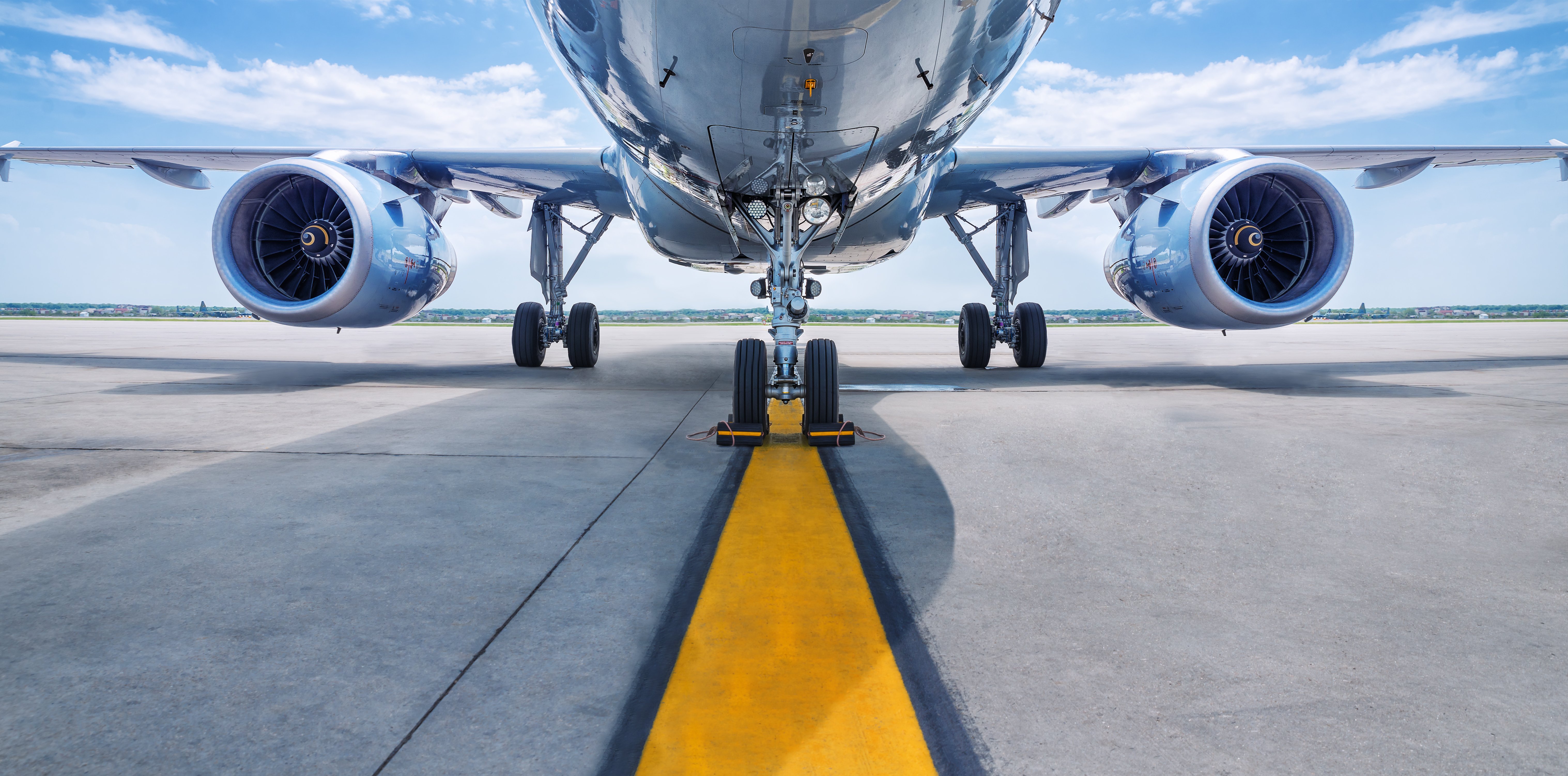

.jpg)

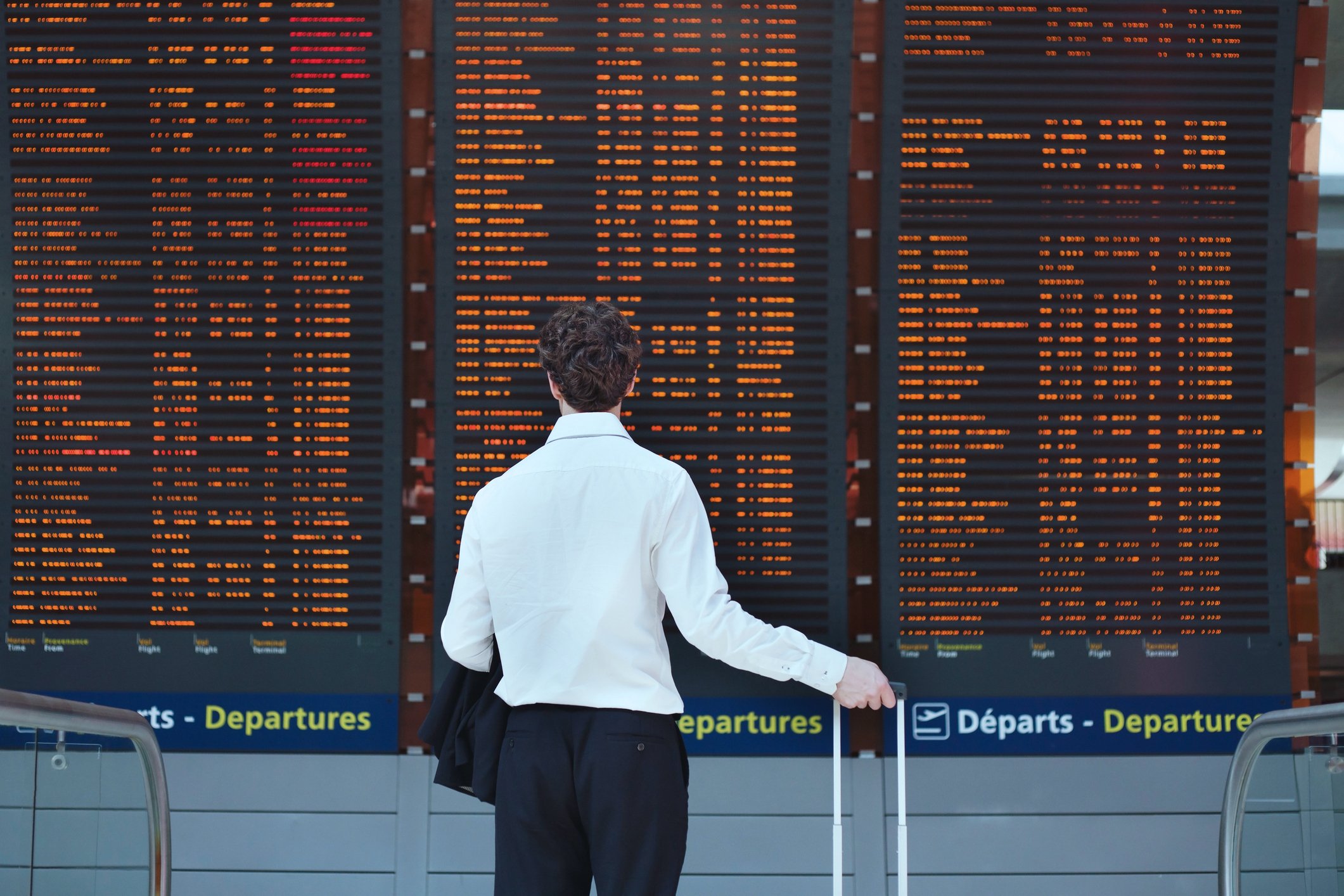

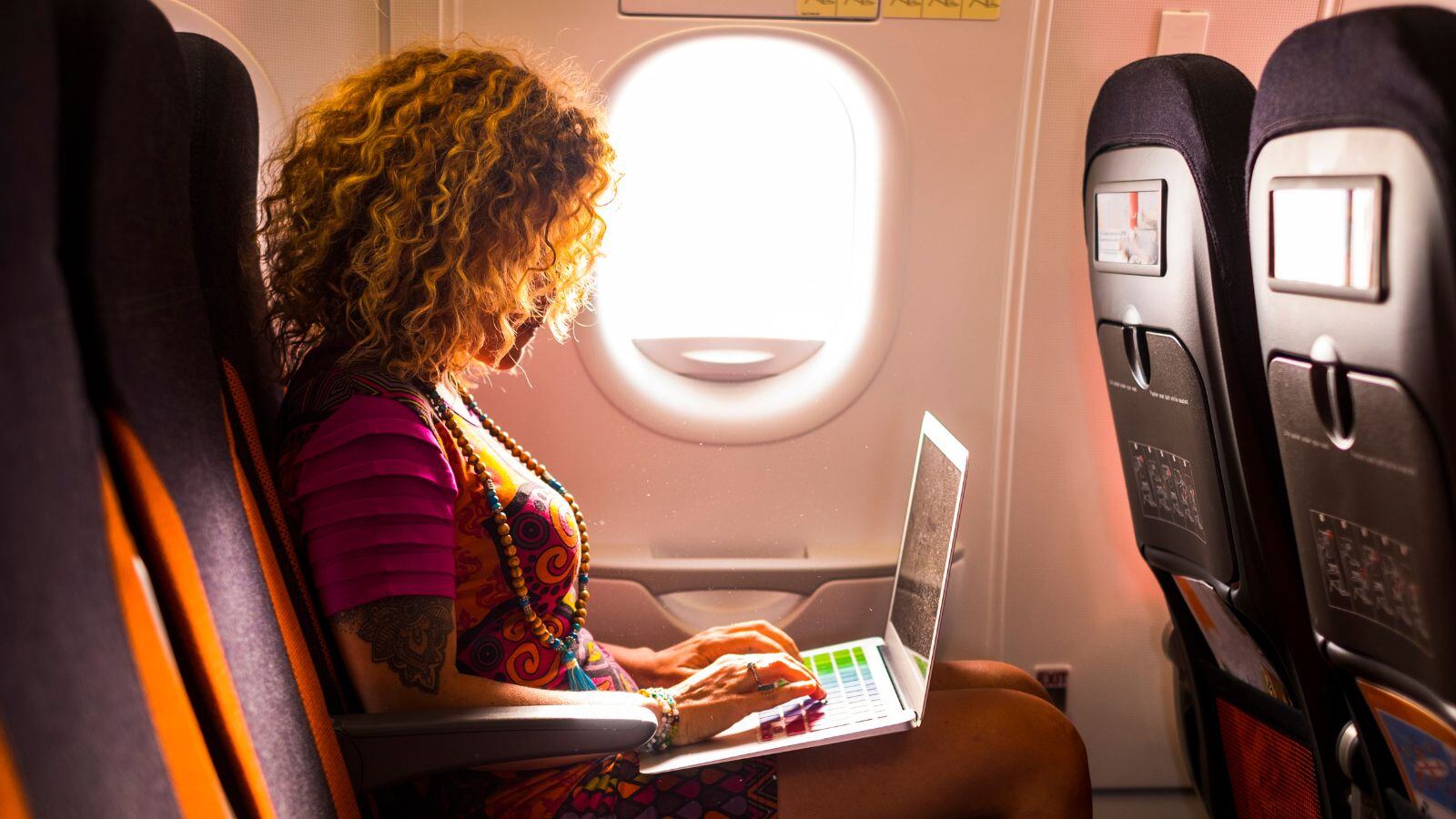

.png)

